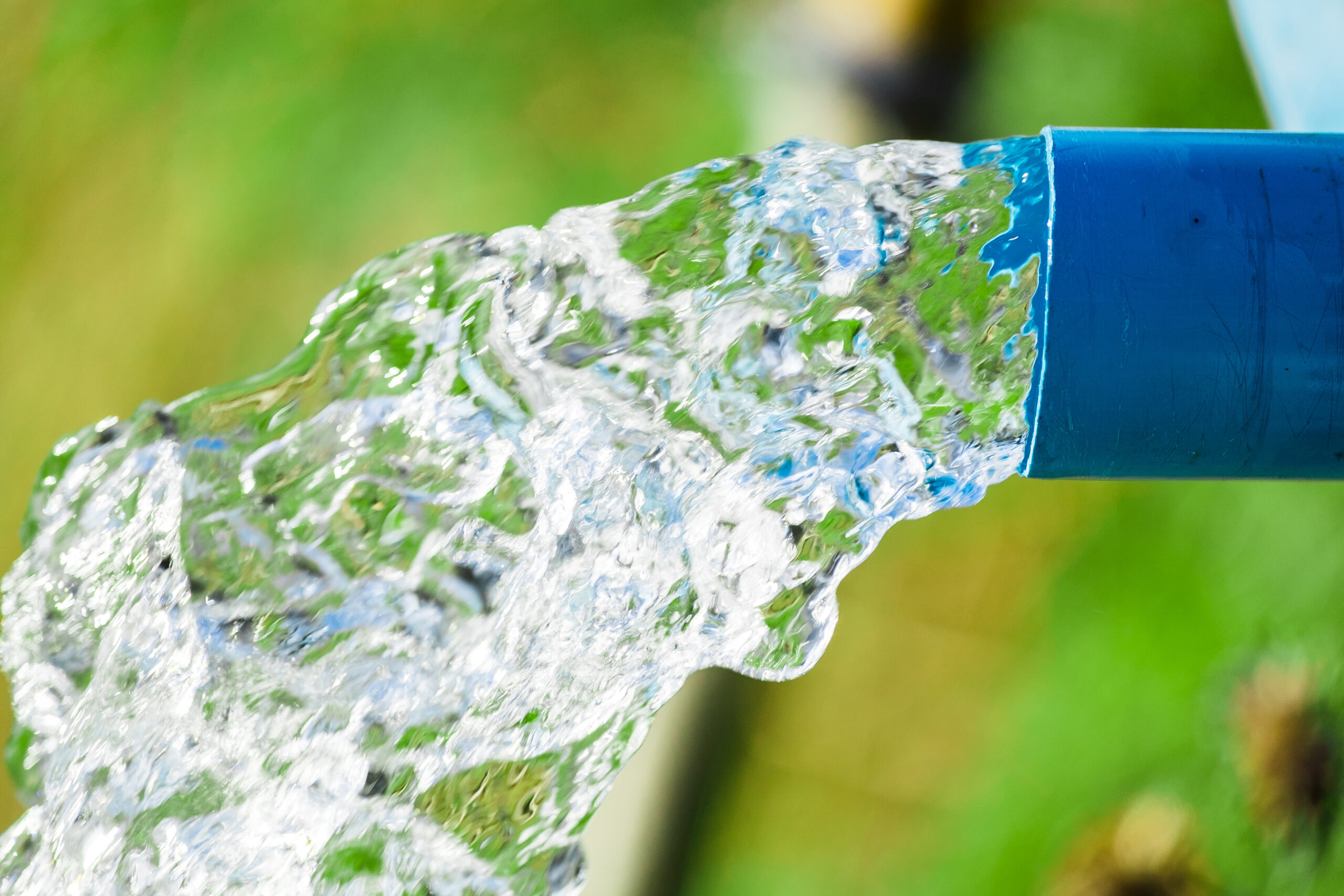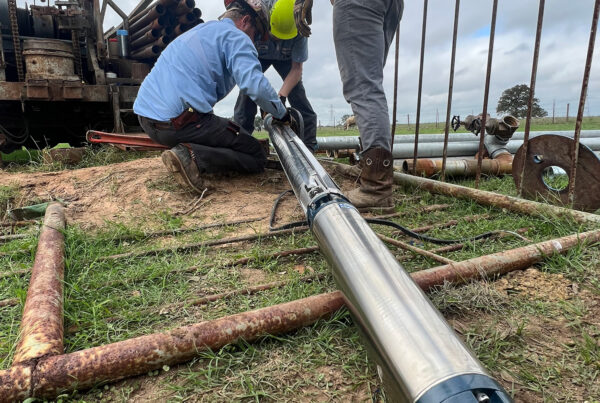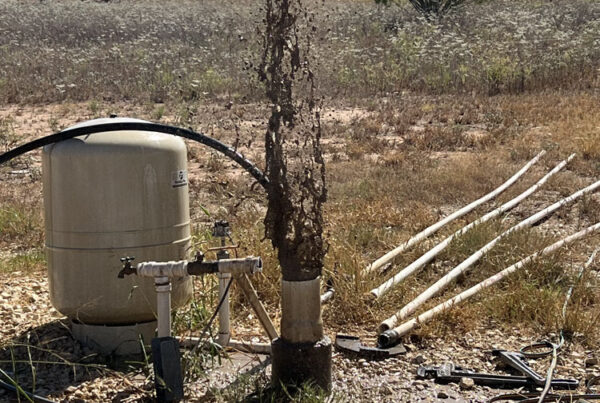If you live in a rural area or want more control over your water source, water well drilling can be an excellent investment. A properly drilled water well provides a clean, sustainable, and independent water supply for your home, ranch, or property. However, drilling a well is a detailed process that requires planning, expertise, and professional equipment. Understanding how it works can help you make confident decisions when hiring a well drilling company.
What Is Water Well Drilling?
Water well drilling is the process of creating an access point to underground aquifers—layers of rock and soil that naturally store groundwater. Through advanced drilling methods, professionals install a well casing and pump system that allows water to be safely brought to the surface for residential, agricultural, or commercial use.
A professionally drilled well ensures that your water source is:
-
Clean and reliable for daily use.
-
Environmentally sustainable, relying on natural groundwater.
-
Cost-effective over time compared to relying solely on municipal water.
The Benefits of Having Your Own Water Well
There are several advantages to installing a private water well on your property:
1. Independence from Municipal Water
Owning a water well gives you freedom from city water systems and monthly utility bills. This independence ensures your water supply is always available, even during shortages or restrictions.
2. Lower Long-Term Costs
While the initial drilling cost may seem high, well water is virtually free once installed—apart from regular maintenance. Over time, this can save homeowners thousands of dollars.
3. Higher Water Quality
Groundwater is naturally filtered through soil and rock layers, often resulting in cleaner, mineral-rich water that tastes better and is healthier than some city water sources.
4. Property Value Increase
Homes with reliable, well-installed water wells often see a boost in property value. A water well is considered a valuable asset for buyers who prioritize sustainability and independence.
5. Environmental Sustainability
Using groundwater responsibly reduces demand on public water systems and supports eco-friendly living.
The Water Well Drilling Process
Professional water well drilling involves multiple steps to ensure safety, efficiency, and compliance with local regulations. Here’s what typically happens during the process:
Step 1: Site Evaluation and Planning
Before drilling begins, a licensed contractor inspects your property to determine the best drilling location. They’ll consider factors such as:
-
Ground composition
-
Distance from septic systems or contaminants
-
Accessibility for drilling equipment
-
Depth of nearby wells and aquifer levels
Permits are usually required, and your contractor will handle these before drilling begins.
Step 2: Drilling the Well
Once the site is approved, the drilling rig is brought in. Using rotary or cable tool drilling methods, the contractor drills deep into the ground until they reach an adequate water source. Depths can vary from 100 to over 1,000 feet depending on your region’s geology.
Step 3: Installing the Well Casing and Screen
After drilling, a steel or PVC casing is installed to prevent the well from collapsing and to protect the water from surface contaminants. A well screen is placed at the bottom to allow water to flow in while keeping out sand and debris.
Step 4: Developing the Well
The contractor removes drilling debris and fine particles to ensure clean water flow. This process, called “well development,” improves water yield and clarity.
Step 5: Installing the Pump System
A submersible or jet pump is installed to move water from the well to your home. The pump type and power depend on the well’s depth and the water requirements of your property.
Step 6: Testing Water Quality
After installation, your contractor performs water testing to ensure it’s safe for consumption. Tests typically check for bacteria, nitrates, pH balance, and other potential contaminants.
Step 7: Final Inspection and Maintenance Planning
Before finalizing the project, most states require inspection by local authorities. Once approved, your contractor will explain ongoing maintenance steps to keep the well performing at its best.
How to Choose the Right Water Well Drilling Company
Selecting an experienced and trustworthy contractor is essential for a successful project. Here’s what to look for:
-
Licensing and Certification: Always choose a company licensed to perform water well drilling in your state.
-
Experience: Contractors familiar with your area understand the local geology and aquifer systems.
-
Equipment and Technology: Companies using modern drilling rigs and water testing equipment deliver faster and more reliable results.
-
References and Reviews: Look for a proven track record of satisfied customers and successful installations.
-
Comprehensive Services: The best companies handle everything from permitting and drilling to pump installation and maintenance.
Maintaining Your Water Well
Once your well is installed, regular maintenance helps protect your investment and water quality. Key tips include:
-
Schedule annual water testing to detect bacteria or contaminants.
-
Inspect the well cap and casing for damage.
-
Keep the area around the well clean and free of chemicals or waste.
-
Have your pump and system checked every few years by a professional.
-
Record all maintenance and water test results for future reference.
Common Questions About Water Well Drilling
How long does drilling take?
Most residential wells are completed in one to three days, depending on depth and soil conditions.
How deep does a well need to be?
Depth varies by region, but most wells are between 100 and 500 feet deep. Your contractor will determine the optimal depth for your location.
How long will a water well last?
With proper maintenance, a professionally drilled well can last 30–50 years or longer.
Is well water safe to drink?
Yes, if properly tested and maintained. Regular testing ensures the water meets safety standards.
Final Thoughts
Investing in water well drilling provides lasting benefits for property owners seeking independence, sustainability, and a reliable water source. Understanding how wells are drilled, what to expect during installation, and how to maintain your system helps protect your investment for years to come. With professional guidance and proper care, a water well can deliver clean, dependable water—and peace of mind—for decades.


